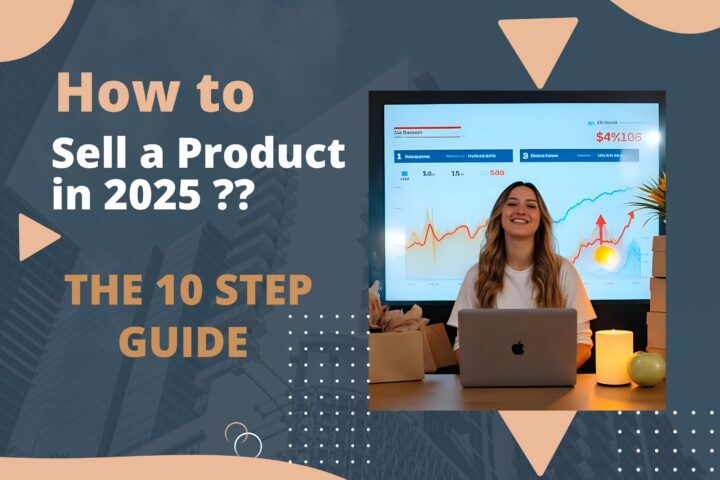Photo by Andrew Neel on Unsplash
Introduction: Starting a business is a thrilling adventure, but the financial pressure can often feel overwhelming—especially when you’re working with a limited budget. While funding challenges are common, launching your startup on a budget is not only possible but can also teach you valuable lessons in resourcefulness, creativity, and strategic thinking. In this post, we’ll share five essential tips for launching your startup without breaking the bank.
1. Focus on a Minimum Viable Product (MVP)
When you’re starting on a budget, it’s tempting to go all-in with a fully featured product or service. But instead of pouring money into building the perfect offering right away, start small. Focus on creating a Minimum Viable Product (MVP)—a stripped-down version of your product that delivers the core value to customers.
An MVP allows you to test your idea with real users, gather feedback, and make improvements without investing in unnecessary features. Think of it as the “prototype” version that proves your concept before scaling up.
Tip: Use tools like no-code or low-code platforms to build your MVP affordably.
2. Leverage Free and Low-Cost Tools
Thanks to the digital age, there’s no shortage of free or low-cost tools to help you manage various aspects of your startup. From project management and marketing to accounting and customer support, you can find a tool for almost everything. For example:
- Trello or Asana for project management
- Mailchimp for email marketing (free tier available)
- Wave for accounting and invoicing
- Canva for graphic design
Utilizing these tools not only saves you money but also keeps your operations organized and efficient, which is crucial for a lean startup.
3. Build a Strong Online Presence (Without Spending on Ads)
In the early stages of your startup, building brand awareness is crucial, but spending on ads might not be feasible. Instead, focus on building a strong online presence through organic channels. Here’s how:
- Content Marketing: Start a blog or publish content on platforms like Medium or LinkedIn. Share insights, case studies, and industry news to establish yourself as a thought leader.
- Social Media: Engage with your target audience on platforms like Instagram, Twitter, or LinkedIn. Post valuable content and actively participate in conversations within your niche.
- SEO: Optimize your website and content to rank higher on search engines. This might take some time, but it’s a sustainable way to drive traffic without paying for ads.
4. Seek Out Free Mentorship and Networking Opportunities
Building connections and seeking mentorship is vital to any startup journey—but you don’t need to spend a fortune on accelerators or consultants. Look for free resources that can offer guidance, networking, and support:
- Startup Incubators and Accelerators often offer free programs or workshops for early-stage startups.
- Networking Events (in-person or virtual) can be a goldmine for meeting potential collaborators, investors, or mentors.
- Online Communities such as Reddit’s r/startups or startup-focused groups on LinkedIn offer a platform for advice and collaboration.
5. Focus on Customer Feedback and Iteration
At the beginning, it’s easy to get caught up in your vision for the product. However, if you’re not listening to your customers, you may waste resources on features that don’t matter. Focus on customer feedback—whether it’s through surveys, social media, or direct outreach—and iterate based on that feedback.
By doing this, you’ll be able to refine your product and business model without overspending. Plus, it helps to build a loyal customer base that feels valued and heard.
Conclusion:
Launching your startup on a budget doesn’t mean compromising on success—it means being strategic, focused, and creative. By leveraging free tools, focusing on your MVP, and building strong customer relationships, you can create a solid foundation for growth. Remember, the goal is to start lean, learn quickly, and scale smartly.








